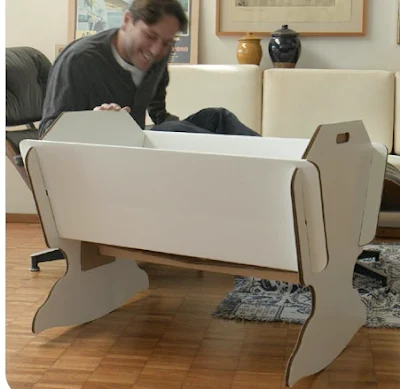 |
| "Great discoveries and improvements invariably involve the cooperation of many minds." - Alexander Graham Bell |
It is true that some aspects of the natural order are competitive in nature. Just as true is the fact that in many other important ways, life is supported by a foundation of cooperation.
Cooperation in nature is widespread. Social insects such as ants, bees, and termites are well known for working together toward the common goal of building and maintaining their communities. But many other creatures also practice cooperation, or altruism.
For example, vampire bats regularly regurgitate blood and donate it to other bats of their group who have failed to feed that night, ensuring they do not starve. In numerous bird species, a breeding pair receives help in raising its young from ‘helper’ birds, who protect the nest from predators and help to feed the fledglings.
On tropical coral reefs, various species of small fish act as ‘cleaners’ for large fish, removing parasites from their mouth and gills. Both partners benefit — the large fish get parasites removed, and the cleaners get fed. If the large fish is threatened by a predator while the cleaner is in its mouth, it will pause to let the cleaner escape before it flees from the threat.
Humans in their natural state, I believe, are also cooperative. Or at least would be (more often) if we were not trained to indulge our darker side - our selfish, competitive nature.
Competition keeps us divided, individual, and weak. The system likes this because it is more profitable for them. Competition is encouraged from an early age as we are trained to play the game to see who gets the best paying jobs, biggest houses, most exotic vacations, granite counter tops, stainless appliances, nicest car... the list never ends.
The 1% gets wealthy by getting us to compete with each other. It is better for business if we each want a car, rather than several families sharing one. Or if we each want a lawnmower, or BBQ, or car washer, or hand tools.
What if we refused to play the competition game? Has anyone even heard what the Jones' have been up to lately? I think after they went bankrupt they moved to a commune.
The reality is that our societies are already commune-like. In every day life sharing is the norm, but it isn't "profitable" in the strictly economic sense, so you won't hear too much about it in the business-owned media. In my own community, volunteering is a huge component in how things get done here.
If we stopped doing all the small cooperative acts that we do every day, everything would cease to function, and things would grind to a halt. It's not governments that guard us against chaos - it is our tendency toward cooperation that keeps things smoothly functioning.
Humans naturally will act cooperatively because they know that doing so increases well-being for everyone, and everything. What if we recognized this, and were raised to act cooperatively instead of competitively?
Imagine the amount of money and life energy that would be freed up if we abolished the endless materialistic competition that no one can win, and devoted ourselves instead to providing a decent standard of living for 100% of the human family (which is a totally achievable goal).
Imagine the state of the world if we acted with an ethos of cooperation with the environment, rather than one of competitive domination and conquest.
Today let's recognize the foundation of cooperation that all life is built upon, and work toward strengthening and expanding it as the main driving force in our communities.
No regurgitation of blood required.




















